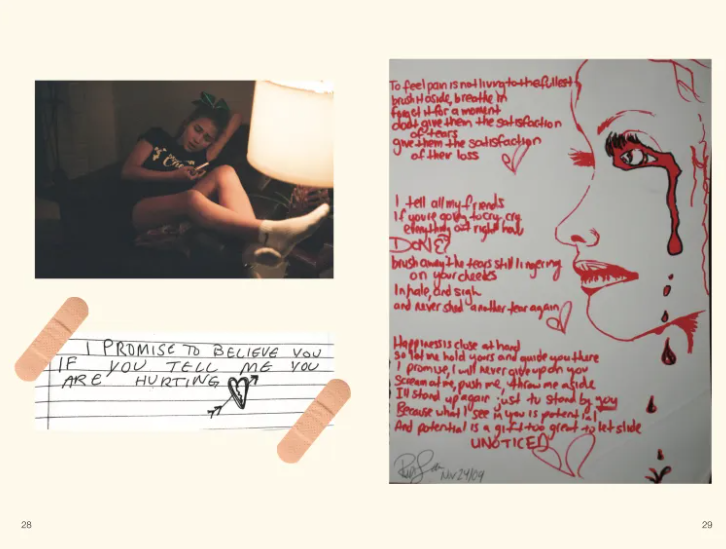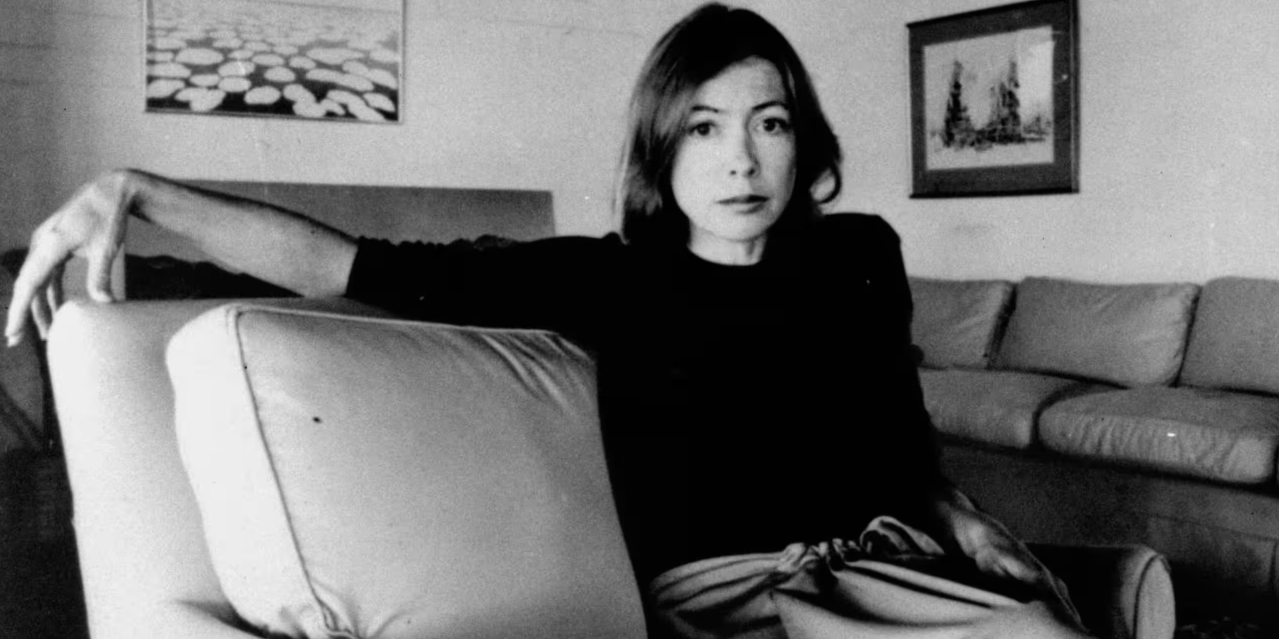Dear Diary,
Anett Martin Sosa
Am I lying all the time? When I flip to blank pages and write till my pen tears the page, who am I writing for? I like to think it’s because my mind could and would explode if it had no release. So powerful, so palpable—I could break glass if I focused... Do I fill blank pages because I want to keep a log of my days? Because I want to remember how I felt yesterday, in 25 years?
You could call it a performance if you wanted to. My ever-performance, my unending act. Is putting my pen to paper the act I’ve cultivated, honed for years? And has that act become so method, I’ve forgotten myself and all I know now are the words on the page?
Many, many questions I don’t know the answer to—
A woman I work with said, “Always expect the words you write to be read,” when I asked, as if the words that so casually slipped from her mouth were divine as scriptures, stuck in between my eyes and my ears—I thought on those words for the rest of the day.
Because of her, I’m wondering why I write about my breakfast in decadent detail yet fail to mention the argument I had last night, that of which my wrongness looms high above my head. If I was writing solely for myself, I wouldn’t shy from writing the things I already know—so why am I? I cherry-pick the things I divulge, the words I choose, and who I mention. Is this because I fear the worst? Being exposed, vulnerable in a place you do not recognize, with people you do not recognize. To be so raw, have your bones, so white, on display. I don’t fear success as a writer, I welcome it—though I fear what comes with a writer's death… What happens should I ‘make it,’ and then die, as we all do, and agencies, friends, and family deem it appropriate to release the diaries I’ve kept since I turned ten once they have run out of words I’ve written for public consumption?
When your words as a writer are bound to be seen, what do you do with words supposed to be private?
I should keep them, the future readers, that is, in mind when I write diaries, don’t you think? I should make sure my thoughts are pleasing, digestible, poetic, but raw, and emotional—true, and yet, so, utterly false.
Always planning to be seen, to be read, and dissected, are the words of a writer.
These thoughts of such invaded privacy have crawled around corners of my mind due to the news that later in April, a diary discovered in Joan Didion’s home is set to be released. As a fan, I am delighted to hear news of new Didion pages to devour whole.
As a girl, I am horrified.
Magazines and news outlets have taken to this news with such fervor– The Guardian writes that these diary entries include therapy sessions Didion recounts and rehashes alone. Alone. The Guardian refers to Didion’s keeping of a diary as “writing Notes to John.” Notes to John being the name given to the book-diary. This began to bug my mind—was she writing ‘Notes to John,’ or was she simply keeping a diary? Is there a difference? When she left that journal in her filing cabinet, was that her attempt at hiding her most personal words—words not meant for the world, but for herself, alone– or was that her last wink to the world—“Here are my last ones,” did she say?
I started to think about the diaries of Sylvia Plath, which are also sold and read by millions, the letters of Virginia Woolf, the diaries of Andy Warhol—and so on. Was the release, the monetization, and the reading of these innermost thoughts a monstrous invasion of privacy? Or is all fair in love and letters?
How do we, as consumers, as writers, and as readers decide what is and what is not fair to release—which words were not meant for us? Our greed as readers has infiltrated the most personal moments of writers.
Frank Ocean’s newest lyrics, I read your diary every line, I want to drink your words like wine also brought these thoughts to the front of my mind. So much so that I wrote about it in my own diary. I think I would turn in my grave if I caught wind of my personal diaries being read by millions of people.
Though, I think the message is sweet—he thinks their innermost thoughts are so beautiful, he would consume them—I think some things, like diaries, are meant to be kept to oneself. No matter Ocean’s obvious admiration for the subject and their words, is the reading of something so personal a form of violation? When I crack open The Unabridged Journals of Sylvia Plath for the third time, am I invading her privacy for the third time as well?
When I asked a few people around me what they would do if someone read their diary—stranger or not, everyone I asked had a similar reaction—they feigned offense and hurt, and wondered why anyone would do such a thing. The word ‘violated’ came up multiple times. They all pictured their deepest secrets, and imagined them read aloud, and were—rightfully—horrified. Diaries are sacred to the writer—to have someone take that from you, to take your privacy, your words, as their own… a ‘violation’ is, in my opinion, an understatement. Is it fair, then, to read, publish, and share the diaries of the most influential people in the world after their death? The act begs you to question whether this is something they would have wanted—whether or not it’s something you would want yourself. You could also question whether writing the diary itself is grounds for publishing—because diary keeping is (questionably) a performative act.
All that being said, burn my diaries after death.
Strike Out,
Anett Martin Sosa
Editor: Bruno Montenegro
Anett Martin Sosa is a Cuban-American writer. She writes short-stories, poems, essays, and reviews on fashion, art, culture, the macabre and the human experience. Her hobbies include penning her Substack newsletter, wherein she discusses her monthly ins and outs, favorite books, and anything else. She is influenced deeply by many different people and things, including David Lynch, unicorns, Martin Scorsece, Eve Babitz, and cowboys. She is a student at Florida International University, and is pursuing a Bachelor’s degree in Writing and Rhetoric– she plans to further her education by pursuing a Master’s degree in Copywriting.




